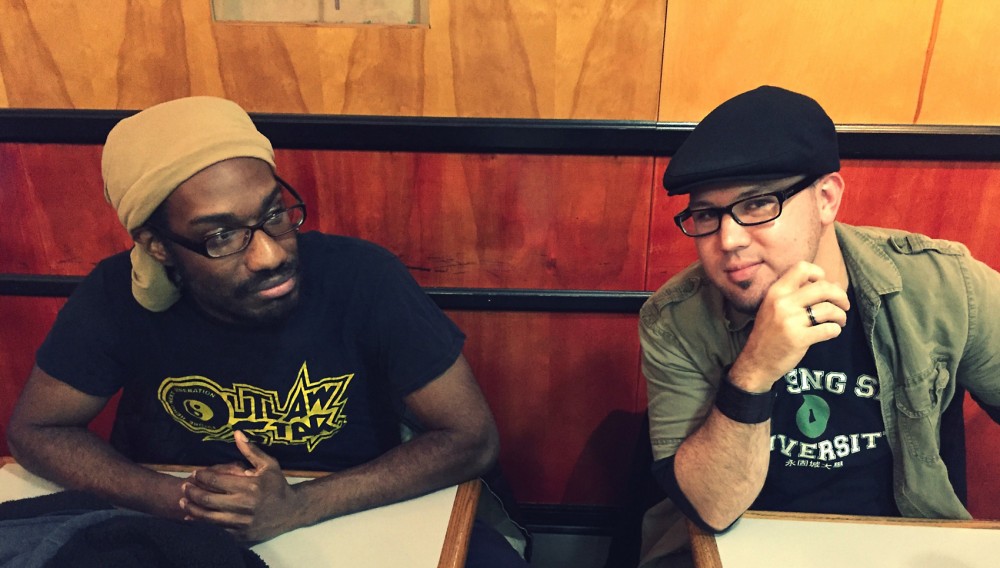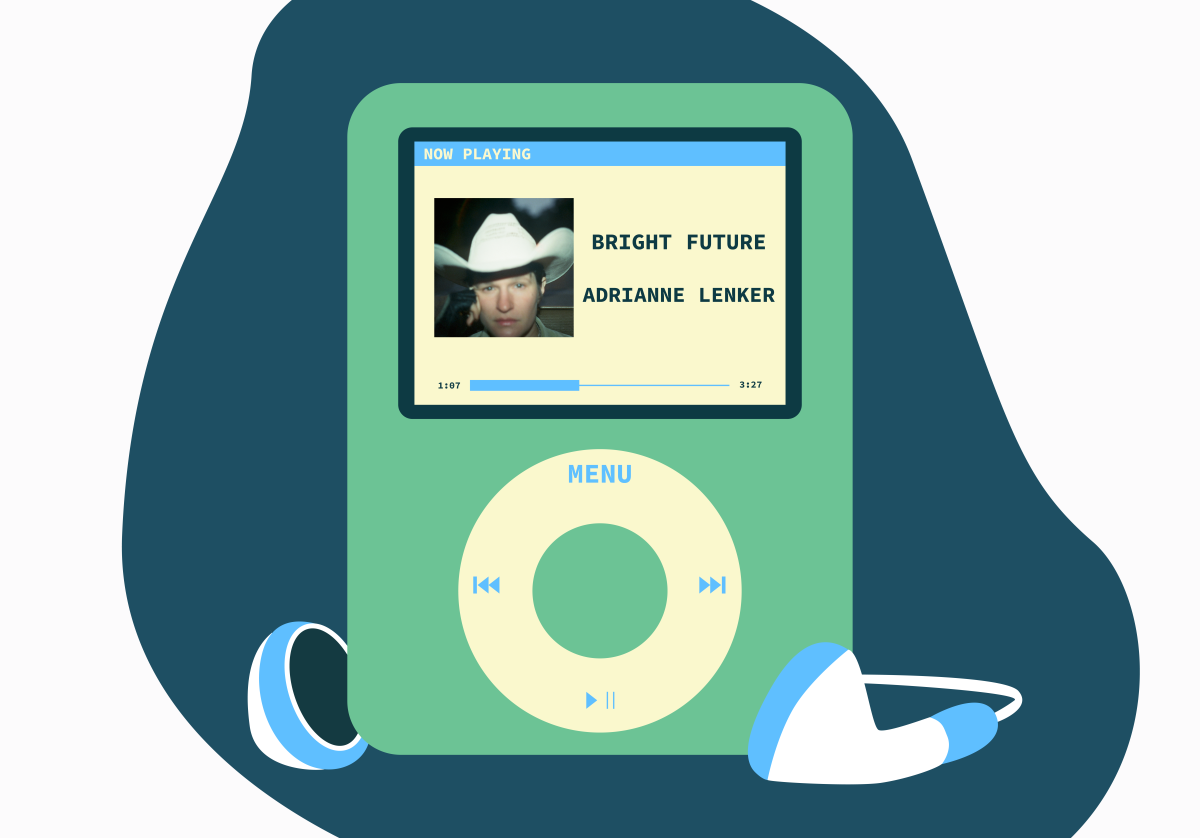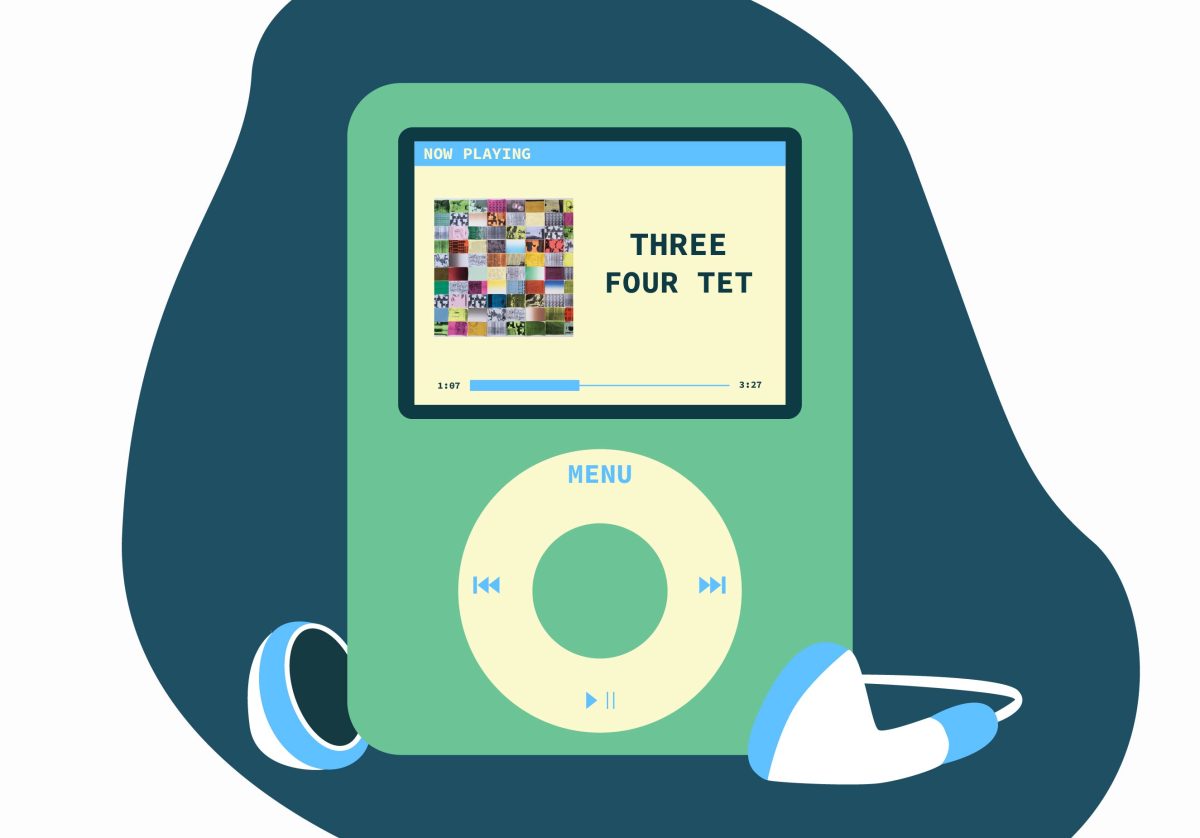Local rapper Guante is a jack-of-all-trades. In addition to music, he’s pursuing a Masters of Liberal Studies at the University of Minnesota. He also works as a community activist, educator, spoken word poet and writer.
With everything he does, his end goal is to better the community. His newest album, “Post-Post-Race,” is no exception.
Centered on Guante’s passion for social justice, the album is set to release this week. On Thursday, Guante will play a free, all-ages show at the Whole in Coffman.
The controversial deaths of Trayvon Martin, Eric Garner and Jamar Clark serve as a backdrop for “Post-Post-Race.”
Tackling systemic racial injustice bluntly, the album is a reflection of harsh inequalities, Guante said.
“It’s not me saying, ‘I have this grand proclamation to make because I am so smart, and everybody should listen to me,’” Guante said. “It’s my responsibility, not just to speak out on this issue but to be present in the world.”
He points to one line in the album: “When an interviewer asks, ‘Why do you ask so much about race?’/ I say, ‘How could I write about anything else?’ When art is a reflection of self.”
Made in collaboration with producer Katray-Quey, the album also includes guest appearances from local artists Jayanthi Kyle, Tony the Scribe, See More Perspective, G.P. Jacob and others.
Guante recognized the benefit of working with so many people.
“The whole album is about race and racism. … It couldn’t be just one person talking the whole time. It had to be a dialogue with multiple perspectives,” Guante said.
This is something Guante keeps in mind with all of his work. He said he strives to include perspectives that represent the wider community.
“Putting together representative groups of voices is extra important when you are talking about an issue so directly,” he said.
For Guante, the principle of inclusion is also translated to listeners of the album.
“A big part of my process has been how I reach out to these communities — many of which I am a part of — in a way that doesn’t immediately put them on the defensive,” Guante said.
Guante recognized audiences will approach his music in different ways. He said some listeners already agree with his message, but there are many people who are less receptive.
“For people who are completely against what I am saying, I hope that there is some sort of seed planting. They maybe think in a little bit of a different way,” he said. “It is about making that first step.”
One way Guante works to accomplish this is through humor. Many of his songs combine witty lines, ironic quips and critical sarcasm, as evident in the title of the opening track: “White People on Twitter.”
“Because it’s kind of funny, hopefully, it will create space for people who may not already agree with what I am saying to engage with it at least,” he said.
Additionally, throughout the album Guante works to honestly portray his own faults and shortcomings.
“[It’s] creating art that doesn’t just point at other people [but] points at yourself — where I am also complicit in the systems of racism — in the hopes it will build a little empathy,” Guante said.
But impacting the community on an individual level, although often glorified, is a long process and can seem insignificant, he said.
He said many systemic problems can’t be solved by changing personal biases or individual bigotry.
In the song, “One Bad Cop,” Guante addresses this difficulty, stating, “One bad cop is a problem, but one bad cop is not the problem / When we don’t see the whole picture, we treat the symptoms, and we keep getting sicker.”
Still, Guante remains hopeful.
“I can be super optimistic and pessimistic, super happy and cynical, all at the same time. I think it comes through in the music,” Guante said.
For him, the solution to complex problems is joining or starting community organizations.
“We don’t have to have all the answers — we don’t have to know how to change the world — but we can all get involved,” Guante said.
This is reflected in last line of the album: “Maybe we are all lost, all imperfect and unworthy, but we can all get our hands dirty.”
Guante Album Release Show
Where The Whole Music Club, 300 Washington Ave. SE, Minneapolis
When 8 p.m. Thursday
Cost Free

















